Some people will casually admit they “don’t like animals” as if it’s just a harmless preference, like not being into jazz or reality TV.
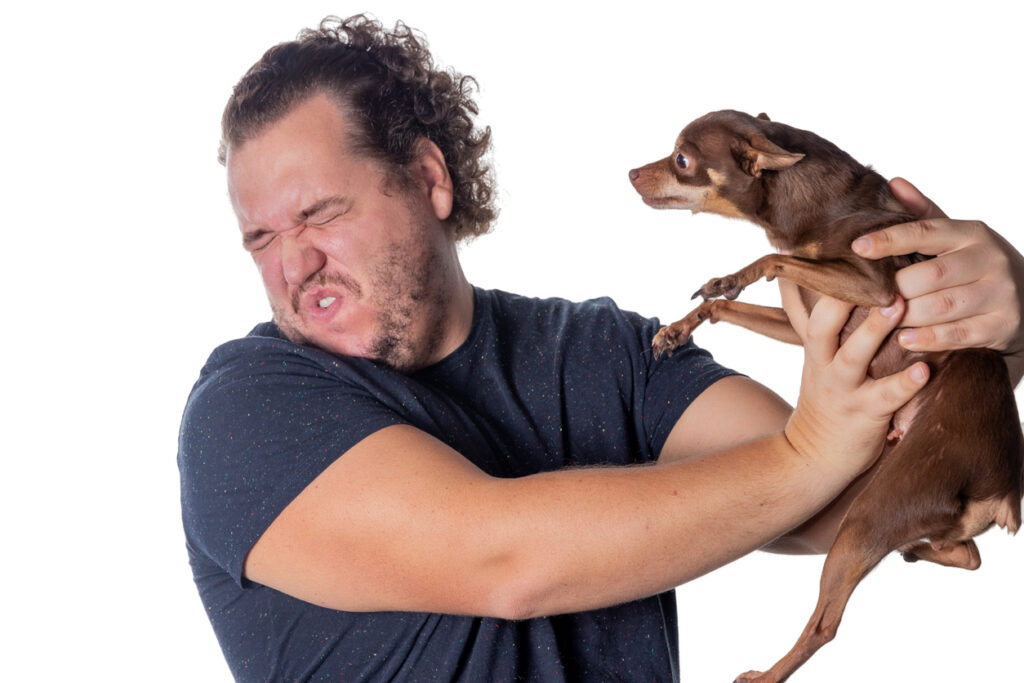
However, disliking animals isn’t as neutral as it sounds. It can hint at deeper things: discomfort with vulnerability, a need for control, or even a lack of empathy. While not everyone has to be a dog person or a bird whisperer, there’s often something unsettling about people who actively distance themselves from all forms of non-human life.
1. They joke about hurting animals like it’s no big deal.

Even if they’re “just kidding,” it’s not funny. Making light of harming animals usually signals a lack of sensitivity, or worse—a tendency to mock compassion. The line between humour and cruelty matters. People who truly don’t like animals sometimes use these jokes to test how far they can push social boundaries without being called out. It’s less about animals and more about control or superiority.
2. They think animals are only valuable if they serve a purpose.

Some people don’t see the point in animals unless they “do something” useful—like guard a house or provide food. If a creature isn’t serving them, it’s dismissed as pointless. That mindset turns living beings into tools. And that says a lot about how someone views the world: transactional, cold, and unwilling to value things just for being alive.
3. They see pets as dirty or inconvenient.

Of course, not everyone wants pet hair on their sofa. However, there’s a difference between mild inconvenience and outright disdain. If someone recoils every time a dog comes near, that’s telling. It often reflects discomfort with the unpredictable or messy—things that pets, like people, come with. If someone can’t handle those small imperfections, it might point to rigidity elsewhere, too.
4. They assume animals are stupid.

People who “don’t like animals” often write them off as mindless or beneath us. But animals communicate, form relationships, grieve, and even play tricks. Dismissing that is a bit of a red flag. It’s not about whether they know calculus—it’s about respecting different forms of intelligence. Seeing animals as dumb usually masks an unwillingness to connect with things outside the human experience.
5. They’re weirdly proud of not liking animals.
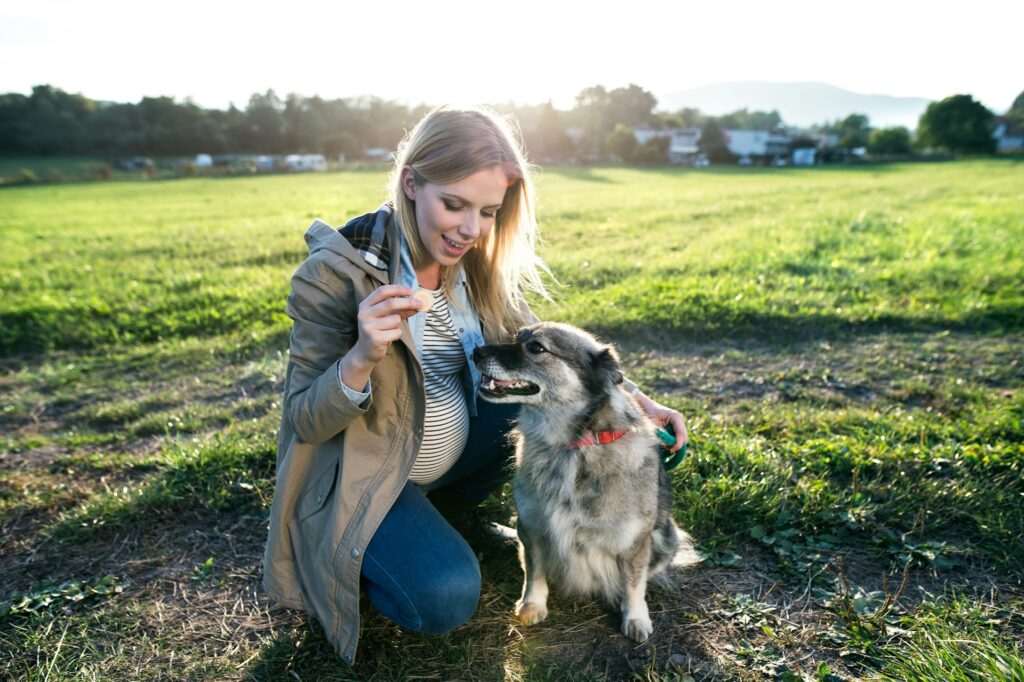
Some people say it with a bit of smugness, like they’re above the emotional chaos of loving a pet. It’s not just a preference—it becomes part of their identity. There’s something a little off about someone who feels superior for not loving creatures that just want food, safety, and the occasional cuddle. It’s not edgy, it’s cold.
6. They think empathy for animals is “too much.”

If you get upset about factory farming or a hurt dog, and they act like you’re being dramatic, that’s a sign. To them, caring deeply about non-human life is overkill. This can be a way of avoiding emotional vulnerability altogether. When someone mocks empathy, it’s often because they’re uncomfortable with their own feelings, or don’t have much access to them at all.
7. They can’t read animal body language.
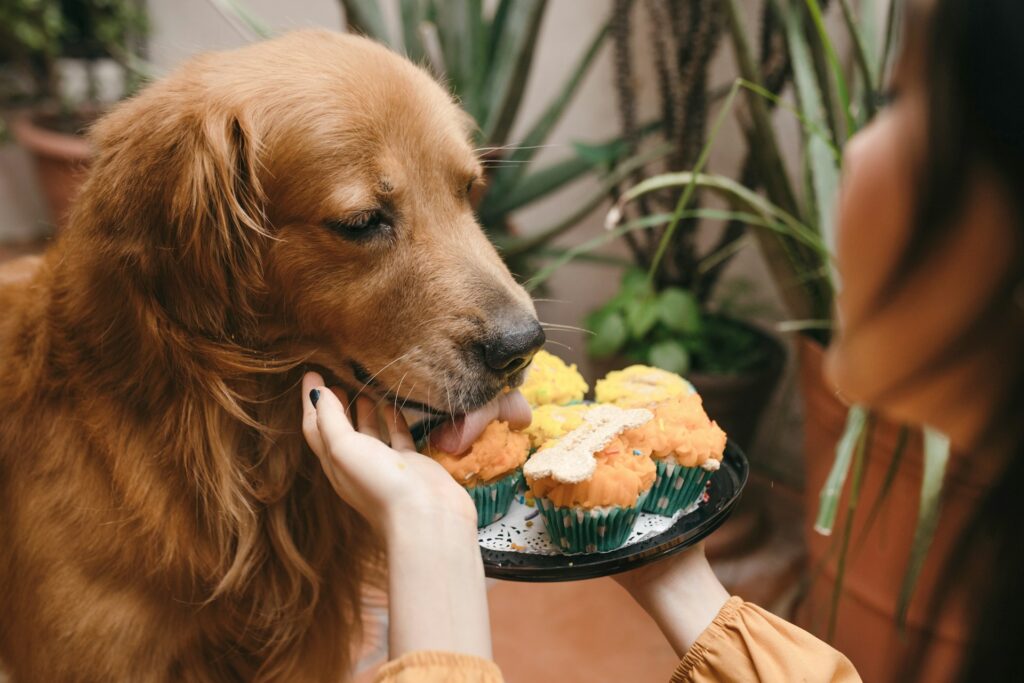
Even if someone didn’t grow up with pets, most people can tell when a dog is scared or when a cat doesn’t want to be touched. However, some people genuinely seem clueless, and uninterested in learning. This isn’t just about animals—it’s about attunement. Struggling to pick up basic cues might suggest a general lack of awareness when it comes to reading emotions in other people, too.
8. They get annoyed by people who care “too much” about animals.

There’s always someone who rolls their eyes at animal lovers, as if it’s immature or weak to care about anything without opposable thumbs. They’ll say, “It’s just a dog,” like that ends the conversation. However, this attitude usually isn’t about animals—it’s about control. People who criticise kindness often do it to feel tougher. Ironically, that makes them more fragile than they realise.
9. They feel nothing when an animal suffers.

It’s not that everyone needs to burst into tears at every animal rescue video. However, a complete lack of emotional response when an animal is in pain? That’s worrying. Compassion for animals isn’t a quirky personality trait—it’s a basic human instinct. If someone doesn’t flinch at suffering, whether it’s a human or not, it might be a sign of something deeper missing.
10. They see animals as replaceable.

To some, animals are like furniture—you get a new one when the old one breaks. There’s no real mourning, no attachment, just a functional relationship. That kind of thinking shows up in other areas too. If someone can’t form a bond with something that depends on them, chances are they’ll struggle with emotional depth in general.
11. They don’t believe animals have personalities.
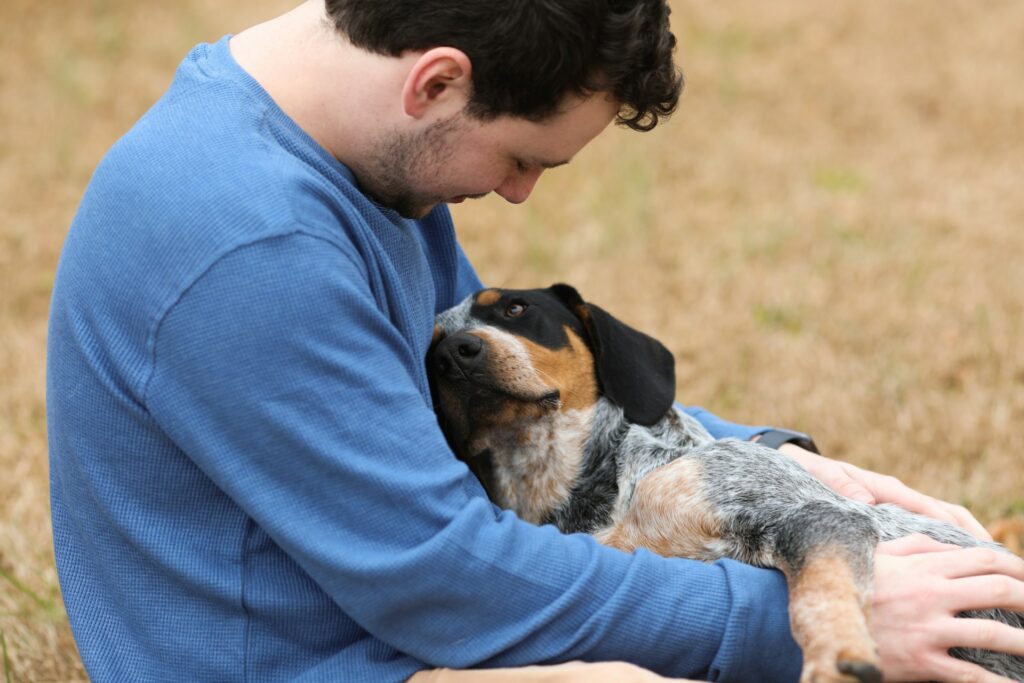
Anyone who’s spent time with animals knows they’ve all got quirks. Some are sassy, some shy, some total drama queens. However, people who dislike animals often insist they’re all the same. That refusal to see individuality is a red flag. It shows a tendency to flatten complexity, and that can apply to how they see people too.
12. They treat wild animals like intruders.
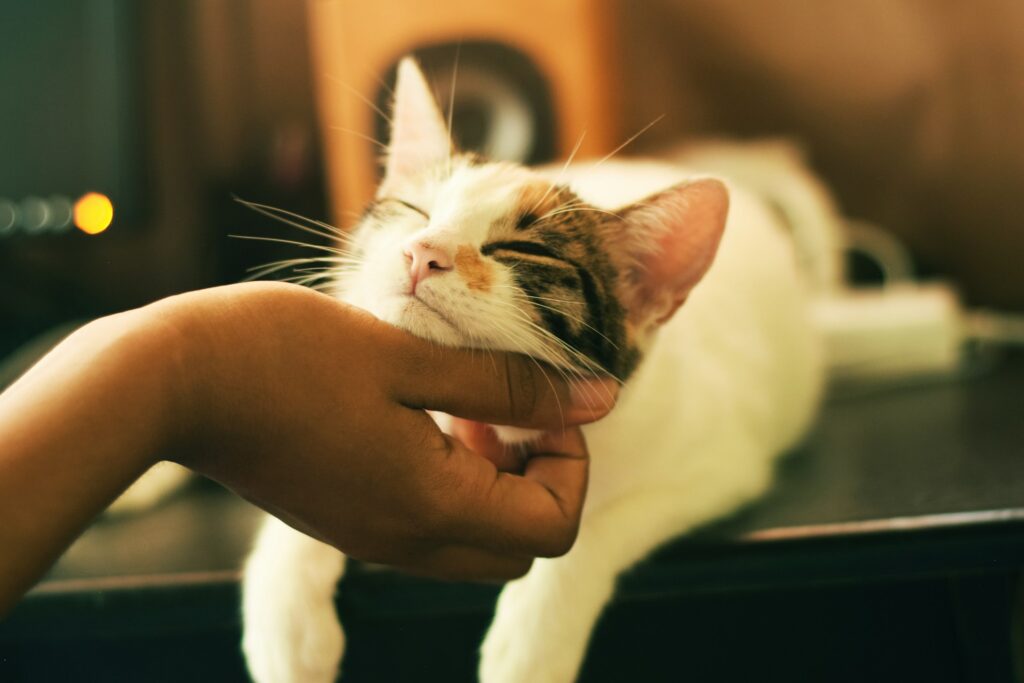
People who can’t stand animals often extend that to nature in general. Squirrels are pests, birds are noisy, and don’t even get them started on foxes or raccoons. Instead of seeing nature as something to live alongside, they treat it as something to control or get rid of. It’s not just anti-animal—it’s anti-environment, too.
13. They assume anyone who cares about animals doesn’t care about people.

They’ll say things like, “You care more about animals than starving kids,” as if those are mutually exclusive. However, most people who care about animals… care about people too. It’s a false dichotomy that shuts down empathy instead of expanding it. If someone sees compassion as a competition, they probably don’t show much of it anywhere.
14. They’re grossed out by animals showing emotion.

People who dislike animals often cringe when a dog gets too affectionate or a cat curls up on someone’s chest. It’s like they don’t know how to receive warmth that isn’t verbal or structured. That discomfort with non-verbal emotional connection isn’t just about animals. It can signal someone who struggles with softness in general—who prefers everything to stay neat, detached, and controlled.
15. They assume animals exist for human use.

Whether it’s for food, entertainment, or labour, some people just can’t see animals outside of a human-centred framework. If they can’t benefit from them, they lose interest—or worse, feel threatened. This worldview is steeped in entitlement. And if someone thinks their existence matters more than everything else’s, that usually shows up in other unpleasant ways too.